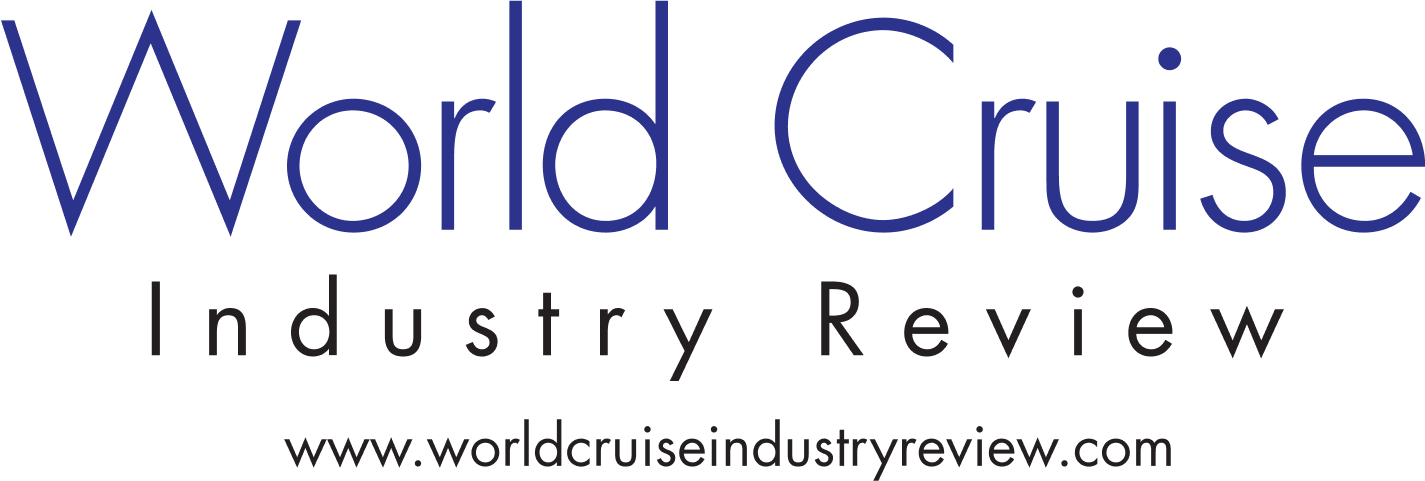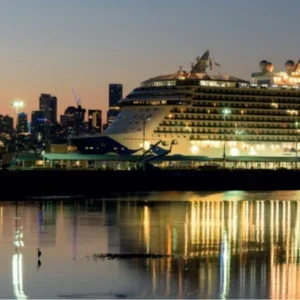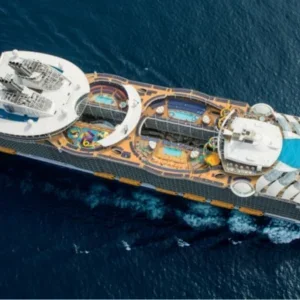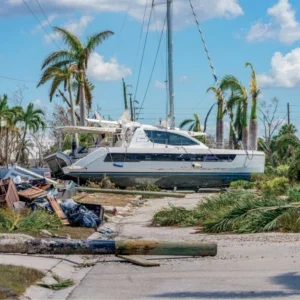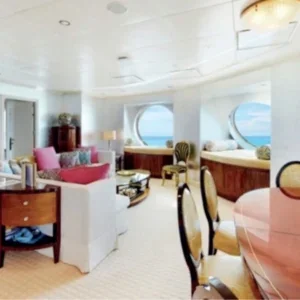Though cruise industry bodies and operators are quick to react to safety and security incidents, in the short term at least, they often find themselves unable to halt the immediate and lingering impact on public perception. For potential new-to-cruising passengers especially, the damage is done, and operators’ assurances of the cruise sector’s generally outstanding safety record, as well as ongoing efforts towards continual improvement, are deemed too little, too late. Winning back their confidence represents a significant challenge for the industry as a whole.
In response to the Costa Concordia disaster, the International Maritime Organization (IMO) issued multiple compulsory Safety of Life at Sea (SOLAS) regulations, warranting the installation of flood detection systems and on-board stability computers, but CLIA immediately looked beyond minimum requirements, forming the Cruise Industry Operational Safety Review (CIOSR), which included an independent safety review led by a taskforce of marine experts. An average reduction of 12% in cruise prices and a 20% fall in bookings for others suggest the capacity of these measures to assuage concerns in the following months was limited.
And any doubts about the impact of the Carnival Triumph fiasco, dubbed the "Cruise from Hell" by prominent media outlets, were quashed by a report from polling and research company Harris Poll Online. For US adults, the level of trust towards the seven largest operators reduced by an 8% average the week after the story broke; more worrying, though, is that months later, trust levels had fallen even further, registering a 12% drop.
Perceived quality and purchase intent also continued to fall in later months, as well as the notion that cruises are more reliable and safer than air travel.
Though Carnival’s ratings were significantly worse than its competitors in nearly all categories, the poll suggested that the industry as a whole was still dealing with the long-term fallout from a succession of high-profile incidents.
"When we first addressed this topic in March, even we were open to the idea that a ‘recency bias’ of sorts might be impacting the results so soon after the Triumph fiasco, creating a low tide for the industry as a whole," concedes Harris Poll Insights vice-president Deana Percassi. "But these more recent findings, coupled with reports of heavily discounted pricing on Carnival cruises, indicate that the industry as a whole, as well as the Carnival brand specifically, may still be facing rough seas."
Back in lane
Despite this worrying trend, the industry remains defiant, and in January this year, Carnival Cruise Line (CCL) set a record for reservations taken in a single month, with more than 565,000 recorded – a 17% increase on last year – made without the addition of any new ships.
"We are definitely observing a strong increase in reservations, with bookings coming in at unprecedented levels," said CCL president and CEO Gerry Cahill.
"We are seeing heavy sales growth in all channels, particularly via our travel agent partners, and we would like to express our tremendous appreciation for their support."
The importance of travel agents in tackling negative prejudices towards the industry’s safety record has not been overlooked. In the face of intense media speculation towards the industry, Christine Duffy, president and CEO of CLIA, sees communication as a priority.
"It’s [confidence] based on perceptions. Perceptions can become reality sometimes, and we’ve got to overcome any perceptions that are not based in fact," she observed. "We’ve got to do a much better job communicating broadly through the travel agent community, because the travel agent is really the front line for us with consumers."
Though statistics are hard to come by, figures provided by marine consultancy GP Wild suggest that pre-Concordia, there were only 16 deaths on cruises out of the 98.20 million passengers.
The 0.16 per one million ratio is nearly half the estimations of airline fatalities (0.30 per million). Though highlighting the sector’s still-impressive safety record could help address consumer concerns, operators know that this alone isn’t enough.
"Carnival has announced a significant level of investment that they’re making across the entire fleet to really look at how they address, upgrade and put in place redundancies so that something like what happened with Triumph would be very unlikely to happen again," Duffy said. "While we have fierce competitors among our members on the marketing and sales side, when it comes to safety and environmental concerns, they’re not competing; they’re sharing best practices. There’s so much innovation and new technology. Even in a case like the Triumph, all CLIA members agreed to do their own risk and preparedness assessments."
Propelling forward
Since April 2013, Carnival has been implementing an enhancement programme to improve safety based on the recommendations of a comprehensive operational review made in response to the Triumph engine fire. It’s estimated that the total cost of this assessment lies at $600-700 million. Measures include upgrades to the emergency power capabilities – which will keep toilets running and hot water flowing in the event of a power failure – new fire safety technology and improved levels of operating redundancies across its entire fleet. Just as vocalising the industry’s safety record is important, so too is publicising Carnival’s physical alterations, and the operator has been quick to share all programme recommendations and adjustments with CLIA.
"All of Carnival Cruise Lines’ ships operate safely today. Each vessel already has effective systems in place to prevent, detect and respond to emergency situations, and we meet or exceed all regulatory requirements," said Cahill. "However, by applying lessons learned through our fleet-wide operational review after the Carnival Triumph fire and by taking advantage of new technologies, we have identified areas for enhancement across our operations.
"Although every ship in our fleet currently has emergency back-up power that is designed to enable the continuous operation of safety equipment and some hotel services, it is our intent to significantly bolster that back-up power to support the core hotel services. With this improvement, we will better ensure guest comfort in the rare instance of a loss of main power."
Rapid response
In response to the incident on board the Triumph, Carnival has already begun installing the most technically advanced fire prevention, detection and suppression systems across its entire fleet. The existing water-mist firefighting systems already in place will be upgraded to the extent that, when triggered, they instantly produce a dense blanket of water droplets. As they evaporate, the system rapidly cools hot areas to reduce the possibility of a blaze reigniting.
"On Carnival Triumph, our systems were effective, and our teams performed well in controlling and extinguishing the fire," Cahill has said. "However, we want to take advantage of the latest and most advanced generation of fire safety systems to enhance the current extensive capabilities across our fleet."
Outside of company-wide structural changes to its fleet, Carnival has also formed its Safety and Reliability Review Board, an association of external experts with knowledge of reliability, maintenance, regulatory compliance and quality control in the marine sector. Along with its own specialists, a third-party perspective should help ensure its operations and contingency plans are as safe and robust as possible.
Judging by the Harris poll, it’s clear that the cruise sector cannot rely just on its impressive safety record; the best way for operators to manage reputations and rebuild confidence is through a pragmatic response that looks at how an accident happened and what can be done to avoid a recurrence, while effectively communicating this to current passengers and the wider public. It may have cost Carnival upwards of $600 million, but this is nothing compared with the impact another disaster could have.
